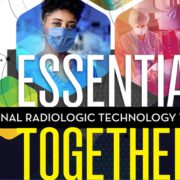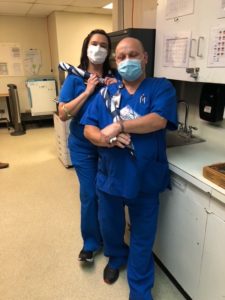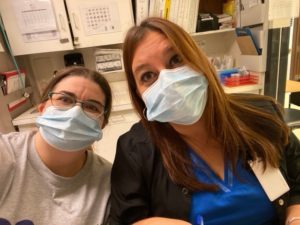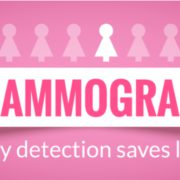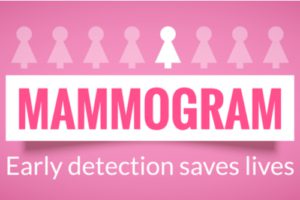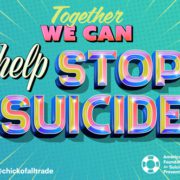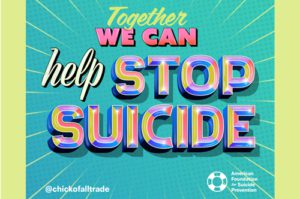
September brings two annual recognitions of suicide awareness and prevention – National Suicide Prevention Week is September 6-10 and World Suicide Prevention Day is September 10. At Washington Regional Medical Center, we’d like to take this opportunity to share some of the warning signs of suicide and what you can do to work towards suicide prevention, as well as mental health tips and self-care strategies for yourself and your loved ones.
What to Look For: Warning Signs of Suicide
There is no single cause for suicide – but, there are risk factors we can keep an eye out for that may indicate the likelihood of a suicide attempt. Learning about these risk factors (and how to address them) can save lives.
Generally, suicide happens when health issues and general stressors impact an individual’s mental health and wellbeing, to the point of creating an experience of hopelessness and despair. According to the American Foundation for Suicide Prevention, depression is the most common condition associated with suicide. Unfortunately, it often goes undiagnosed or untreated. This, combined with anxiety, substance problems, environmental challenges and historical patterns, can increase risk for suicide.
Change in behavior or entirely new behaviors could also be warning signs that someone may be suicidal – especially in connection to a painful event, loss or other major life change. Speaking about suicide or feelings of hopelessness, being trapped, having no reason to live, etc. could indicate suicidal thoughts, as well as behavior changes such as isolation and mood changes like loss of interest.
How to Help: Protective Factors to Prevent Suicide
Providing access to mental health care is a powerful weapon in the fight against suicide. Connection to family and other support networks, learning problem-solving and coping skills, and limiting access to lethal means are powerful protective factors as well. Try your best to connect with those around you, especially anyone experiencing the warning signs outlined above, and check in with family and friends regularly. Connection and consistent positive social interaction is a wonderful tool that benefits everyone’s mental health.
Prioritizing activities that bring you happiness, designating time to take care of yourself and setting boundaries for anything that causes undue distress or anxiety are great ways to ensure your mental health is taken care of. Check out this article on self-care strategies to learn more about how you can dig deeper than common stressors to address and improve your mental health on a daily basis: https://www.verywellmind.com/self-care-strategies-overall-stress-reduction-3144729
To learn more about National Suicide Prevention Week and the fight against suicide, visit afsp.org.
If you or someone you know is contemplating suicide, you’re not alone. Call the suicide prevention hotline at 800-273-8255, available as a resource 24 hours a day.



